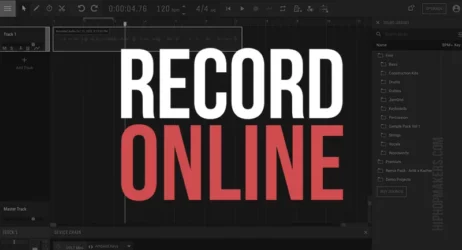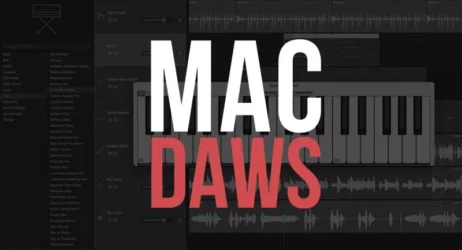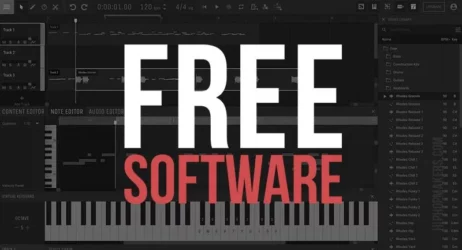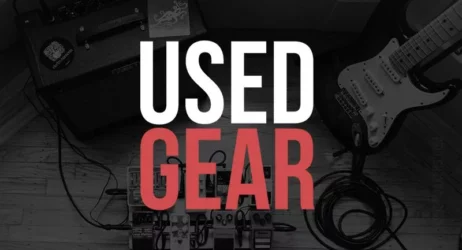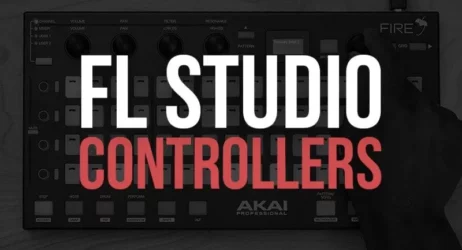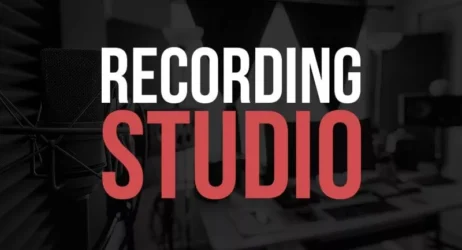This guide will answer what is the DMCA ( Digital Millennium Copyright Act ), what it does, what it means, understanding violations, takedowns, and more.
What Is The DMCA?
The DMCA is the Digital Millennium Copyright Act, a United States copyright law. It was passed by Congress on October 12th, 1998. It criminalizes the production and dissemination of technology, devices, or services primarily designed to circumvent measures that control access to copyrighted works.
- What Is The DMCA
- What Does DMCA Do
- What Are DMCA Violations
- What Is Protected By DMCA
- What Is The DMCA Takedown
- DMCA Notice Requirements
- What Music Is DMCA Free
- What Is The DMCA In Simple Terms
What Is The DMCA?
The goal of DMCA is to protect the copyright of content producers. The DMCA can give a penalty or sue someone who is believed to have violated copyright laws.
It also protects people’s copyright who have their content or work stolen. The DMCA can take down any media that violates copyright laws.
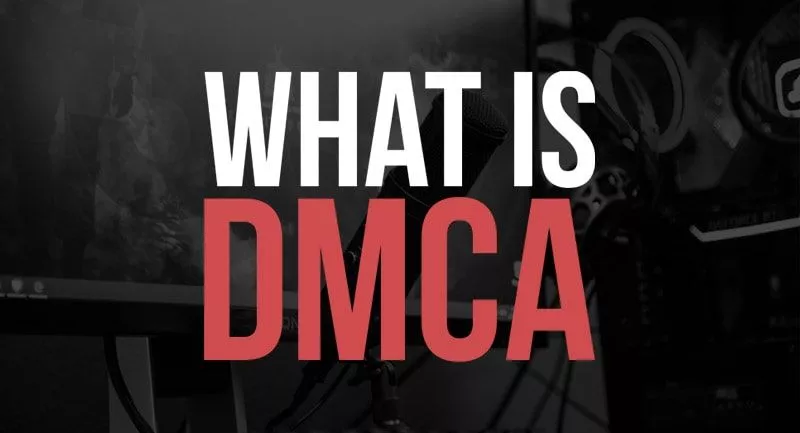
If someone uses copyrighted content in a way that is not compliant with the DMCA, the owner of the copyright has the right to file a takedown notice.
The owner of a site or a company is responsible for taking down any content they find to be illegal. If they do not take down the material, they can be found guilty of violating laws as the person who posted it.
How To File DMCA Takedown Notice?
A DMCA takedown notice is a request that asks for material to be removed from a website. To file a notice, you must be the owner of the content. If someone else wants the material to be taken down, they need to get permission from the content owner themselves.
The DMCA takedown notice effectively takes down information in a very short amount of time, usually within a matter of hours. It is not a fast process, however, and there may be times when the owner of the material will have a chance to file a counter-notice.
When filing a DMCA takedown notice, you may use an electronic form or write a letter. Make sure everything you say is a fact, even if you are filing an assumption.
A DMCA takedown notice must include the following information:
- Name of the owner or person in charge of the copyright.
- Contact information of the owner or person in charge of the copyright.
- Description of the work that is being infringed upon. It should include a link to the original work.
- The location of the infringing material on a website, such as a link or a web address.
- A statement that says you have a good faith belief that the use of your copyrighted material is not authorized by law or permitted by the copyright owner.
- A statement, under penalty of perjury, that the information in your DMCA notice is accurate and you are authorized to make the request.
- Your signature on physical or electronic letterhead.
What Are DMCA’s Penalties?
Violating the DMCA can have very serious consequences. If you are found to be in violation of the DMCA, you may face any or all of these penalties:
- Copyright owners can sue you in federal court and ask for statutory damages, plus legal fees and the profits you made from using their material.
- Criminal charges may be brought against you. This can lead to a fine and imprisonment.
- You can be sued for damages by anyone injured because of your violations. This can lead to a fine and imprisonment.
If you are found guilty of willfully violating the DMCA, it becomes part of your criminal record, and it might ruin your relationship with the companies you work with.
Violating the DMCA is serious, and knowing what you can and cannot do is critical. Filing a DMCA takedown notice can be confusing, but it is worth knowing about this document if you have been accused of copyright violations.
What Does DMCA Do?
DMCA is a law established by the U.S. government to help protect copyrighted material and intellectual property, which is listed online.
This law also helps protect the rights of people who create copyrighted works, and it supports taking down any illegal material from sites.
Most of the time, DMCA is used to take down or stop illegal downloads of copyrighted material. This can be done by people who are not authorized to use it or download and distribute it without permission.
What Are DMCA Violations?
DMCA violations can occur when someone illegally downloads or distributes copyrighted material. This law helps take down clips and videos, music, software, and images that are protected or copyrighted.
It can also be used to stop another person from sharing someone else’s work without their permission. Not only does it stop the person who is doing the distribution, but it gives them penalties for their actions.
DMCA violations can be avoided if people do not post copyrighted material on their website or blog, especially without permission. People cannot offer others’ copyrighted work for their own personal gain.
What Is Protected By DMCA?
Many different things can be protected under DMCA in addition to copyrighted material.
Example: If someone posts an image online and removes the watermark, the copyright owner may contact the host. The host will then take it down and notify the person who posted it.
DMCA also protects ideas and processes that copyright law cannot protect. If a company or individual uses another person’s idea without permission, the DMCA can be used to stop them.
There are many different copyrighted materials that the DMCA protects, including:
- Photographs
- Music
- Fiction
- Movies
What Is The DMCA Takedown?
A DMCA takedown allows the copyright owner to contact a host and ask for certain content or media to be taken down. The DMCA notifies the person who owns the site that the material must be taken down.
When a site is notified of a takedown, they must remove the content from their website. If a site posts copyrighted material and does not take down content that belongs to someone else, the person who owns the copyright can take legal action.
To avoid having your material taken down, there are specific steps you can take to protect yourself. First, if you create a website or post online videos, you should include a disclaimer that gives credit to the original creator of the material.
Another way to protect yourself is by making sure that you do not download copyrighted material. It is just as bad to post a copy of a song or book online as it is to download it and share it with others.
What Are The DMCA Notice Requirements?
For a DMCA takedown notice to be issued, it must meet all three of the following rules:
- Someone must own the copyrighted work.
- The work must have at least one copy online without the owner’s permission.
- The copyrighted material or intellectual property must be infringing on existing copyrights.
Once the website administrator receives the takedown notification, they are required to take the content down within five days. If there are any issues with removing or taking the material down, a judge must review the case.
What Music Is DMCA Free?
DMCA free music can be played on streaming platforms without having to worry about copyright issues.
Related: 11 Best Music Streaming Royalty Calculators
These sites do not require you to worry about copyright infringement because all music is free and legal to download and use.
Some websites that offer DMCA free music include:
YouTube
YouTube audio library offers access to free music that is legal under the DMCA. You can also use YouTube sound effects that are free and legal to download.
SoundCloud
Soundcloud allows users to upload music that is free from copyright infringement. You can also search for different sound effects.
Spotify
Spot Spotify allows users to choose songs without worrying about copyright issues. However, keep in mind that it only lets you play music after listening to advertisements.
Apple Music
Apple Music only lets you stream music that is free from copyright issues. The platform also has exclusive content, so it may be worth using.
What Is The DMCA In Simple Terms?
The DMCA is a U.S. law created to help protect and enforce copyrighted material and intellectual property rights. It can be used to take down content that violates copyright laws.
The DMCA protects many copyrighted materials, including music, movies, e-books, photographs, and more.
Summary of DMCA
The DMCA is the Digital Millennium Copyright Act, a United States copyright law. The law was passed in 1998. It criminalizes the production and dissemination of technology, devices, or services that are intended to circumvent copyright protection measures.
I hope you now have a good understanding of the DMCA and how it applies to music.


